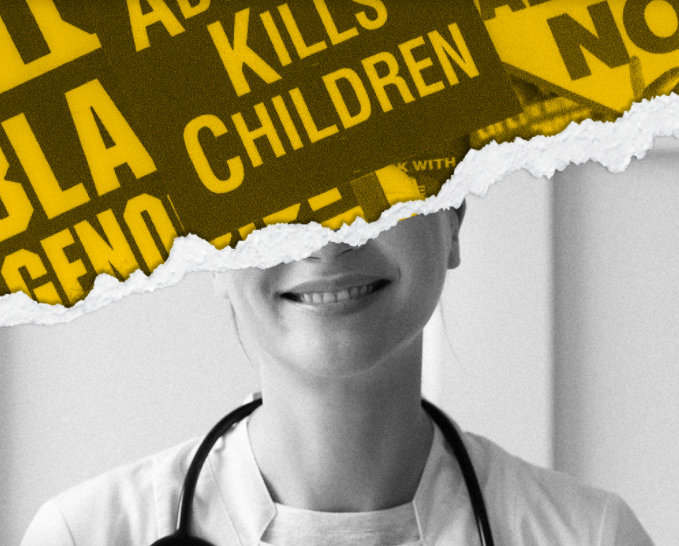
In April 2019, when meetings like this still took place, Diane Foley took the stage in Indianapolis, looking out into the faces of anti-choice advocates and doctors who were gathered for their annual conference. The Health and Human Services official began her presentation: “Opportunities for Collaborative Engagement in Policy Development.” The bland, policy-wonkish title belied its almost-revolutionary substance: nothing less than a major shift in American health care—and a threat to the more than 4 million primarily low-income people who rely on a key government program for family planning and other care.











